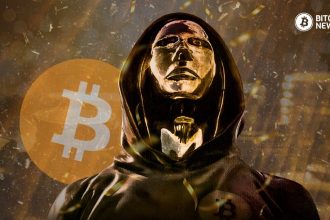SEOUL (Reuters) – South Korea’s Ministry of SMEs and Startups announced Wednesday that it plans to lift restrictions preventing crypto-related businesses from qualifying as venture companies.
Currently, firms operating in the “virtual asset” sector are excluded from the government’s venture classification, which limits their access to various tax breaks and financial support. The ministry said the proposed amendment reflects a “shift in perception” of the digital asset industry and the establishment of “legal and institutional safeguards” aimed at protecting users.
The ministry explicitly stated the government is “currently focusing on nurturing the digital asset industry,” noting that following last year’s implementation of crypto regulations, legal protections for users are already in place. “Restricting the industry is ‘inappropriate’ for these reasons,” it emphasized.
The ministry will accept public comments on the proposal until August 18. A final enforcement date has not yet been announced.
Related: 27% of Koreans aged 20–50 hold crypto, 70% eye more investments: Report
The implications for South Korea’s crypto industry
The proposed change would allow crypto businesses to be qualified as venture companies, thereby gaining access to government perks. Furthermore, existing venture companies will be able to expand into the digital asset space without losing their classification.
“This is expected to revitalize and expand the venture ecosystem and support the growth of the virtual asset industry.”
Being qualified as a venture company entitles firms to a range of government benefits in South Korea, including a 50% corporate income tax cut for five years, a 75% business real estate acquisition tax cut, and potentially discounts on broadcast advertising.
Related: South Korean banks plan won-pegged stablecoin launch by 2026
South Korea bets on crypto
The proposed changes follow a growing trend of crypto-friendly policies in South Korea. Most recently, there were reports that the Bank of Korea temporarily suspended its CBDC pilot to allow time for stablecoin policy clarification (Sunday). Newly elected President Lee Jae-myung campaigned on a list of crypto promises, including allowing stablecoins pegged to the won.
Investor confidence in South Korea’s crypto direction grew after significant share rises (Tuesday) at major banks like Kakao Bank, Kookmin Bank and the Industrial Bank of Korea following stablecoin trademark applications.
Magazine: GENIUS Act reopens the door for a Meta stablecoin, but will it work?












